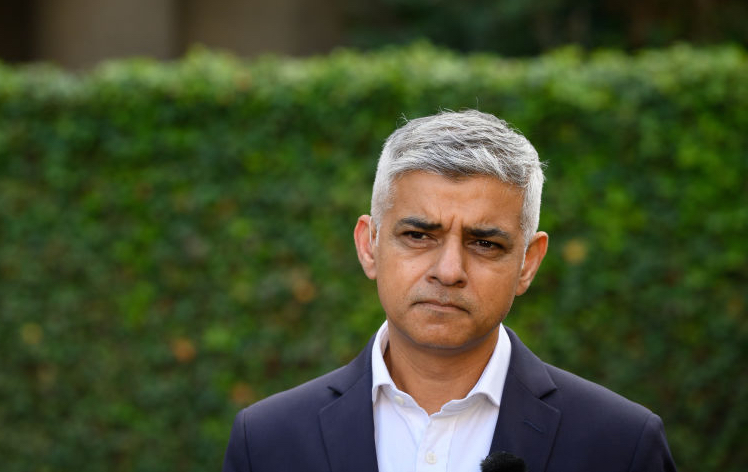Sadiq Khan said told Radio 4 listeners this morning that, while he was grateful for the free school meals he received as a child at his primary school in Tooting, he felt stigmatised by having to queue up and eat separately from children whose parents were paying for their meals. If that is what his school was really doing then it is a pretty horrible way to treat children – and create class divisions where they don’t need to exist. Sorting out payments for school lunches can, of course be handled away from children’s noses, so none of them know who is eating for free.
But does Khan’s childhood embarrassment really justify what he wants to do now: offer free school meals to every primary school pupil in London? Such a measure should save parents £440 a year, cost the taxpayer £130 million. Khan says he can afford it because receipts from business rates have exceeded expectations.
At present, 1.9 million children in England – 22.5 per cent of the total – qualify for free school meals by virtue of being in receipt of welfare benefits and having an annual net income (after tax but ignoring income from benefits) of less than £7,400 a year. This group, naturally, won’t stand to gain from Khan’s plan because they already receive free school meals. The handout will only benefit children from households which are better-off than this – many of which can easily afford to pay for their children’s lunches. It is targeted help: but targeted at everyone except the poor.
The extension of free school meals to all primary school children in London continues the trend towards a ballooning state
On the other hand, it could be argued that the beneficiaries of Khan’s plans were people who, until a decade ago, were in receipt of universal child benefit – which was then taken away by George Osborne. Going back even further, to the 1970s, parents used to receive an extra tax-free allowance for child dependents. Many countries’ tax systems retain such an allowance. The UK’s tax and benefits system is among the least child-friendly in the world in that it treats higher earners the same whether they have children or not. Offering free school lunches to the offspring of higher-earning parents represents pretty minor compensation for this.
Yet the extension of free school meals to all primary school children in London continues the trend towards a ballooning state. It’s a similar story with the ‘energy price guarantee’, which reduces energy bills for everyone, regardless of income or wealth. In fact, the bigger your, home the more you are likely to benefit. Liz Truss, who introduced the guarantee during her brief premiership, argued that she had no choice and that the energy crisis was so acute that there was no time for means-testing. Apparently not even to cap the quantity of energy eligible for a government-backed discount – or to exclude homes in the upper bands of council tax from the deal. Brilliant.
Once you start plugging universal welfare benefits, where do you stop? A national care service, a national food service? Cheap clothing for all? Free theatre tickets? It is a road that has led to a vastly expanded state – and vastly expanded tax bill to match. At some point, the government is going to have to mount a strong resistance to the encroaching welfare state and trim it back to the safety net it once was.







Comments